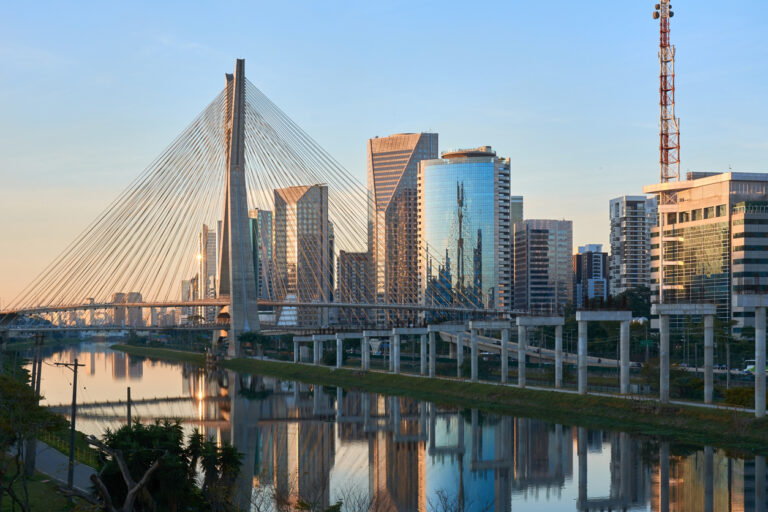This paper is part of a series: ‘Social protection response to Covid-19 and beyond: lessons learned for adaptive social protection’.
Refugees have been supported by innumerable cash or voucher interventions implemented by international humanitarian and development actors during the Covid-19 pandemic, but only a few of these have explicitly aligned or integrated with government social protection responses. Refugees residing in low- and middle-income countries have mostly been excluded from government social protection responses, and where they have been included (largely in Latin America and the Caribbean) this typically represents a continuation of pre-pandemic policy.
This paper reviews the evidence on:
- the inclusion of refugees in government-led social protection responses to Covid-19 in the Republic of Congo and Colombia
- the alignment or integration of international humanitarian and development actors’ cash assistance to refugees and government social protection responses – focusing on Jordan and Pakistan.
It considers the effectiveness of Covid-19 social protection responses for refugees, emerging lessons and whether the crisis and its response holds potential for a longer-term shift in social protection and humanitarian support to refugees.
Read the full paper and listen to the podcast here.
This publication first appeared on the ODI site.
Authors: Jessica Hagen-Zanker, Nathalie Both.
Photo by Charles Deluvio on Unsplash.
The views are those of the authors and not necessarily those of ETTG.



